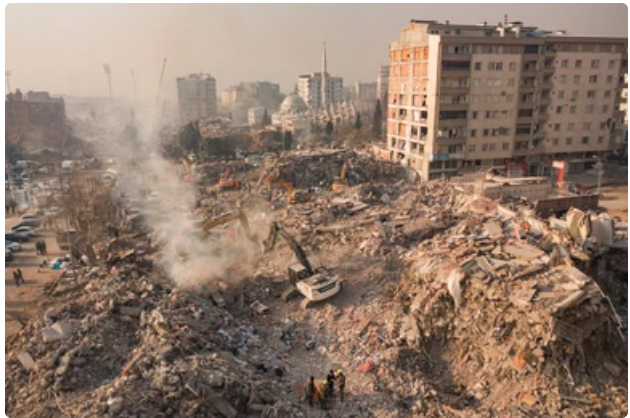Influences on the Economy: Immigration
Immigration is simply the movement of people from one country into another host country. Whilst the benefits to the economy include contributions to the labour market and filling the gaps in necessary skills, the costs of increased housing and services have garnered lots of controversy. In the first quarter of 2024, studies showed that foreign-born workers made up over a fifth of the working population. Given that around 60% of immigrants are working age, this therefore seems beneficial to the national workforce. The UK, for example, is suffering extreme job shortages: - Over 40,000 nursing vacancies - Cybersecurity workforce shrunk by 65,000 - Need for 700,000 new technicians The influx of skilled workers may be able to fill the void, reducing pressures on companies and public services. This means that extreme cost-cutting measures, such as the significant lay-offs and redundancies, as well as stagnated wages, can be curbed. Productivity ...
